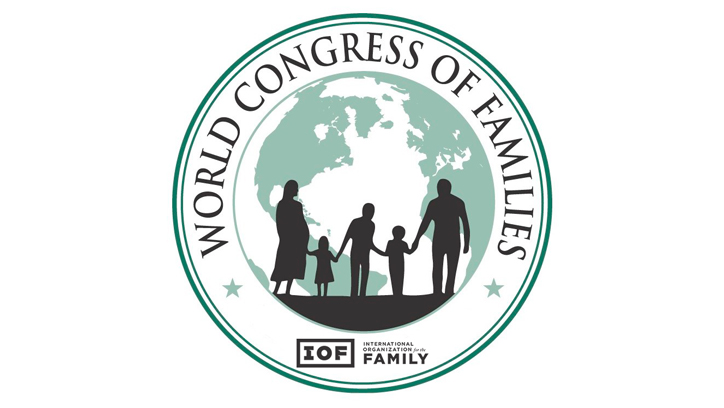
Anne Applebaum provides a good rundown of the “romance” of contemporary Russia for far-right and cultural-conservative movements.
But in the 21st century, we must also contend with a new phenomenon: right-wing intellectuals, now deeply critical of their own societies, who have begun paying court to right-wing dictators who dislike America. And their motives are curiously familiar. All around them, they see degeneracy, racial mixing, demographic change, “political correctness,” same-sex marriage, religious decline. The America that they actually inhabit no longer matches the white, Anglo-Saxon, Protestant America that they remember, or think they remember. And so they have begun to look abroad, seeking to find the spiritually unified, ethnically pure nations that, they imagine, are morally stronger than their own. Nations, for example, such as Russia.
Among the groups that she invokes is the World Congress of Families, an organization that we spend some time discussing in Exit from Hegemony. She writes that:
The belief that Russia is on our side in the war against secularism and sexual decadence is shared by a host of American Christian leaders, as well as their colleagues on the European far right. Among them, for example, are the movers and shakers behind the World Congress of Families, an American evangelical and anti-gay-rights organization that Buchanan has explicitly praised. One of the WCF’s former leaders, Larry Jacobs, once declared that “the Russians might be the Christian saviors of the world.” The WCF even has a Russian branch, which is run by Alexey Komov, a man in turn linked to Konstantin Malofeev, a Russian oligarch who has hosted far-right meetings all across Europe. At the WCF’s most recent meeting, in Verona, senior Russian priests mingled with leaders of the Italian far right, the Austrian far right, and their comrades from the American heartland.
As Patrick Thaddeus Jackson noted in a Facebook discussion, the connections between Russia and western reactionaries run deep. So this may be less a ‘new thing’ than an older affinity that was disrupted by the Soviet period. Regardless of matters of relative novelty, the fact is that Moscow has been actively cultivating these networks in an effort to insert itself as a “broker” among right-wing counter-order movements. It would be a mistake to ignore these developments.

